Jordanian lawmakers demand restoration of full Syria relations
Jordanian legislators have reportedly called on the Amman government to restore full diplomatic relations with neighboring Syria amid promising signs that the incumbent Damascus government led by President Bashar al-Assad is being admitted back into the Arab world.
During a parliamentary session on Sunday to study the government's 2019 budget, the lawmakers asked for the improvement of Jordan-Syria ties to the level prior to the outbreak of foreign-sponsored Syrian conflict, stressing that the relations are beneficial to both nations, Arabic-language Rai al-Youm newspaper reported.
Parliamentarian Khalil Attia called for the turn of the Jordanian ambassador to Damascus and promotion of relations with Syria.
Lawmakers Khalid al-Fanatseh and Faisal al-Awar also highlighted that stronger Amman-Damascus ties will serve the interests of both countries.
Jordanian King Abdullah II recently hoped for the improvement of security situation in Syria and Iraq.
“God willing, our relations with Syria will return to the level as it was before. The situation is significantly improving in Iraq as well. We are always in contact with them to open markets for our products,” he told a group of Jordanian journalists.
On December 28, Chargé d'Affaires of the Syrian Embassy in Amman, Ayman Aloush, called on Jordan to raise the level of its diplomatic representation in Damascus.

“We hope that the Jordanian Embassy in Syria will be fully staffed. So far, the staffers are administrative personnel, who have been given the title of diplomat during work,” Aloush told the Arabic service of Russia’s Sputnik news agency.
He then stressed the Syrian government’s eagerness to restore normal relations with Jordan, saying it is a “popular will anchored in geography and history.”
A Syrian government source, requesting anonymity, said on Friday that Kuwait’s diplomatic mission in the Syrian capital will resume its activities within the next 10 to 14 days, Syria's pro-government al-Masdar news agency reported.
Under pressure from other members of the Persian Gulf Cooperation Council, Kuwait withdrew its diplomats from Syria in February 2012, after tensions rose in the region over the foreign-backed crisis in Syria. A month later the Syrian embassy in Kuwait was also closed.
The development came on the same day that Bahrain’s Foreign Ministry announced in a statement that work at the kingdom’s embassy “in the Syrian Arab Republic is going on whilst the Embassy of the Syrian Arab Republic to the Kingdom of Bahrain is carrying out its duties and flights connecting the two countries are operational without interruption.”
Foreign Ministry: Work continuing at Bahrain’s embassy in Syria https://t.co/wWpxCEgFdr
— Bahrain News Agency (@bna_en) December 28, 2018
On Thursday, the United Arab Emirates officially reopened its embassy in Damascus.
The Emirati Ministry of Foreign Affairs and International Cooperation said the reopening of its embassy “reaffirms the keenness of the United Arab Emirates to restore relations between the two friendly countries to their normal course.”
#wam_breaking | #UAE Embassy in #Damascus resumes diplomatic service pic.twitter.com/mMmrcLnWwl
— WAM News / English (@WAMNEWS_ENG) December 27, 2018
Mauritania’s Arabic-language el-Jewahir daily newspaper, citing informed sources, reported on Friday that President Mohamed Ould Abdel Aziz is going to pay an official visit to Syria early next year.
On December 16, Sudanese President Omar al-Bashir became the first Arab League leader to visit Damascus.
Syria's official news agency SANA said Bashir was greeted by his Syrian counterpart Bashar al-Assad upon arrival at Damascus International Airport, before they both headed to the presidential palace.
The two leaders discussed bilateral ties and the "situations and crises faced by many Arab countries," the Syrian presidency said in a statement.

SANA quoted the Sudanese leader as saying during the meeting that he hoped Syria will recover its important role in the region as soon as possible.
He also affirmed Khartoum’s readiness to provide all it can to support Syria's territorial integrity.
Syria has been gripped by foreign-backed militancy since March 2011. The Syrian government says the Israeli regime and its Western and regional allies are aiding Takfiri terrorist groups wreaking havoc in the country.
Iranian diaspora in EU, UK deplore ban on national airline
VIDEO | Press TV's News Headlines
Israel’s military struggling with shortage of troops: Report
Iran calls for more efforts to establish peace in Gaza, Lebanon
Israel targets journalists in southern Lebanon to mask atrocities
Trump vs Harris: A choice between two deranged war hawks who cheer genocide in Gaza
Over 1,800 Palestinians killed in Israel’s month-long attacks in northern Gaza
UN official urges Egypt to seize Israel-bound arms ship MV Kathrin


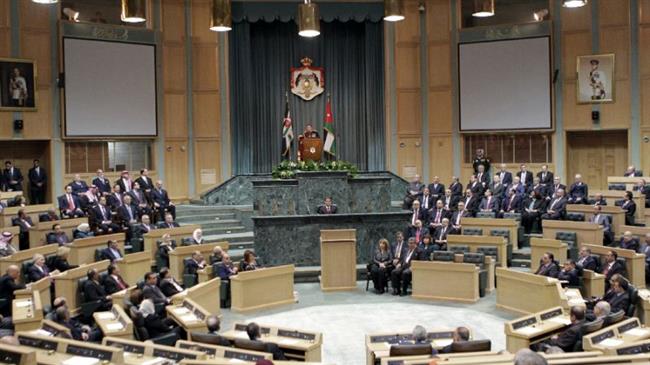


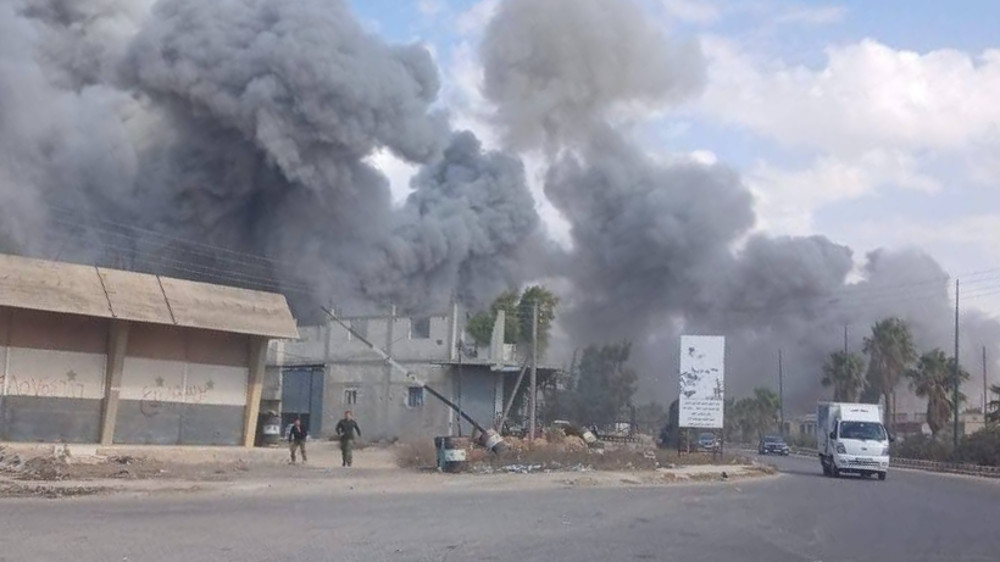
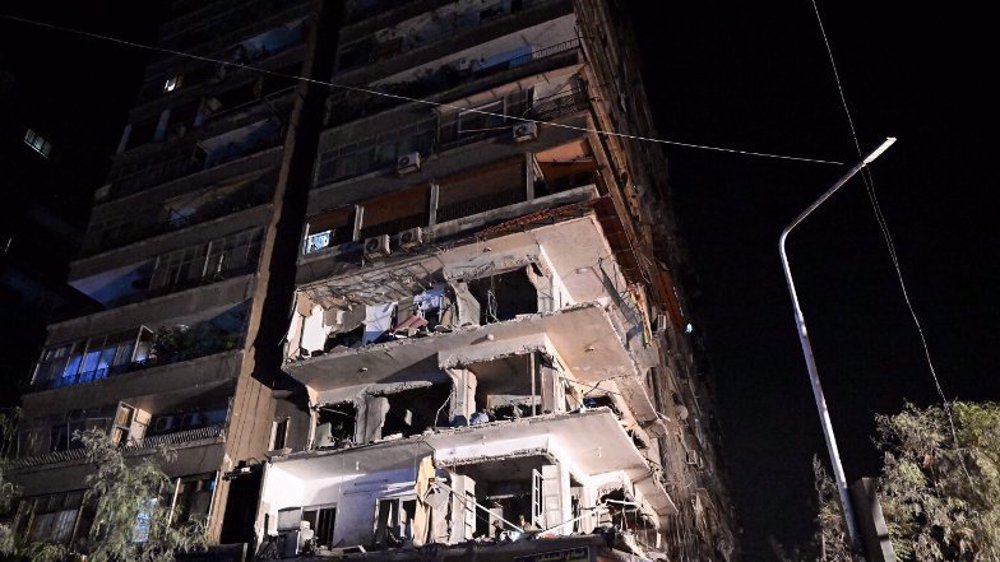




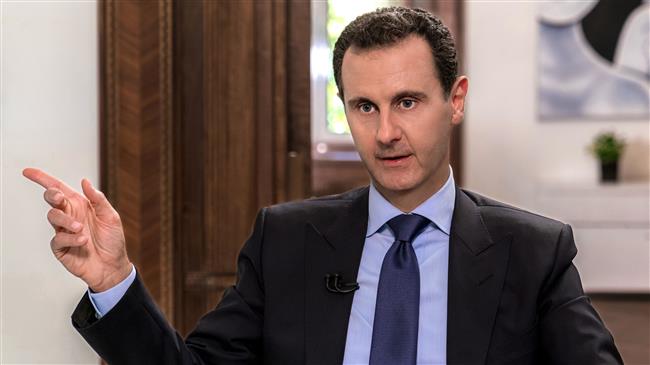
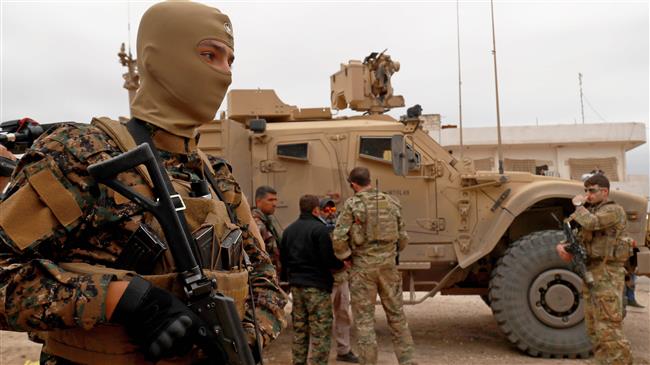



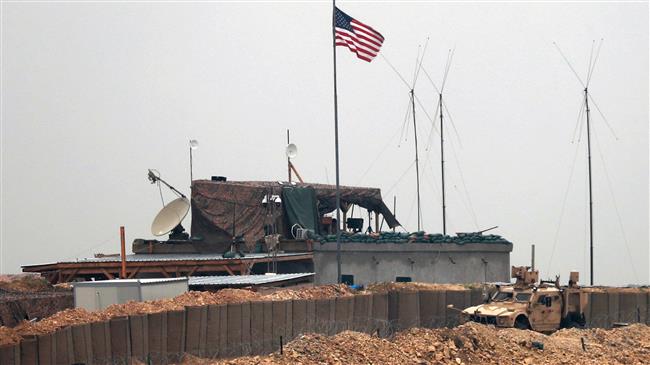


 This makes it easy to access the Press TV website
This makes it easy to access the Press TV website